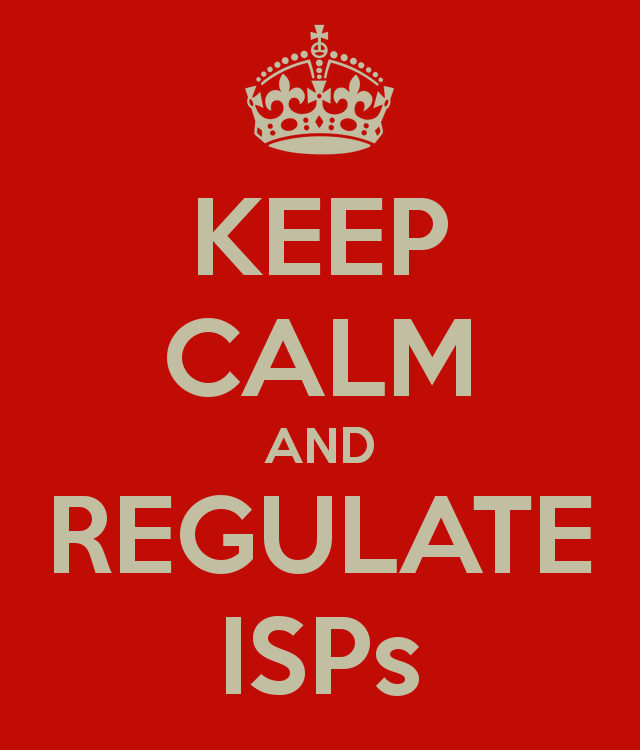
It's time for the Federal Communications Commission to correct its past mistakes and get tough on broadband providers, a retired FCC commissioner says.
Michael Copps, an FCC commissioner from 2001 to 2011 (and acting chairman for several months in 2009), is proof that not every former FCC member becomes a lobbyist for the industries the commission regulates. The only commission member to vote against allowing the Comcast/NBC Universal merger, Copps is now a self-described public interest advocate who leads the Media and Democracy Reform Initiative at Common Cause.
Such a move would bring fierce opposition from telecommunications companies and their friends in Congress. But the FCC's previous failure to reclassify broadband blew up in its face when a court ruled that that the agency couldn't impose anti-blocking and anti-discrimination regulations on ISPs because they aren't classified as common carriers.
"The good news is that the solution is pretty simple," Copps wrote. "It doesn’t require a new telecommunications statute replete with time-consuming years of legislative horse-trading and special interest lobbying. All it requires is an FCC big enough to own up to its previous mistakes and courageous enough to put our communications future back on track."
He continued:
The DC Circuit Court of Appeals pointed the way out of the dilemma created when the Commission reclassified broadband as an “information service” over ten years ago. The Court held that the Commission has authority to make decisions on broadband and that these decisions are entitled to considerable deference by the judiciary. The FCC could have decided on a different path and still garnered court approval. Importantly, it can also change course if it justifies the reasons for the change.
What the judges said last week was that the Commission justified its Open Internet rules the wrong way. Had the agency just kept treating advanced telecommunications as “telecommunications,” its Internet Freedom rules would have passed muster. But by calling broadband an “information service,” the FCC put it beyond the reach of Title II which applies to telecommunications. And Title II is where such things as consumer protections, privacy guarantees, public safety, and ubiquitous build-out requirements pertain. Who, other than the big companies trying to gain market power over broadband, would ever have argued that Congress intended broadband communications to be stripped of such elemental consumer and public interest protections?
The time is now for the FCC to classify broadband as Title II. Without this step, we are playing fast-and-loose with the most opportunity-creating technology in all of communications history. Without this step, we are guaranteeing an Internet future of toll-booths, gatekeepers, and preferential carriage. Without this step, we stifle innovation, put consumers under the thumb of special interests, and pull the props from under the kind of rich civic dialogue that only open and non-discriminatory communications can provide.
Copps ended his post by encouraging readers to sign a Common Cause petition telling the FCC to reclassify broadband.
Netflix has warned that without net neutrality regulations, "a domestic ISP now can legally impede the video streams that members request from Netflix, degrading the experience we jointly provide."
Current FCC commissioners have given no indication that they would reclassify broadband as Copps suggests, but current Chairman Tom Wheeler said he views the recent court decision as an invitation for the FCC to act... in some undefined way. "The court invited the commission to act, and I intend to accept that invitation," Wheeler said last week. "Using our authority, we will readdress the concepts in the Open Internet Order, as the court invited, to encourage growth and innovation and enforce against abuse."
That could mean rewriting the Open Internet Order to put it on solid legal footing, but the changes probably wouldn't impose anti-blocking and anti-discrimination rules that prevent ISPs from blocking services and charging content providers for access.
reader comments
114